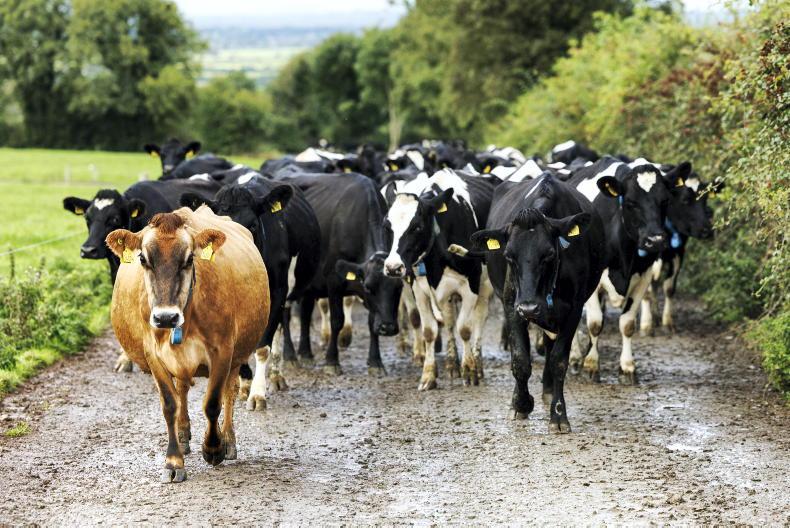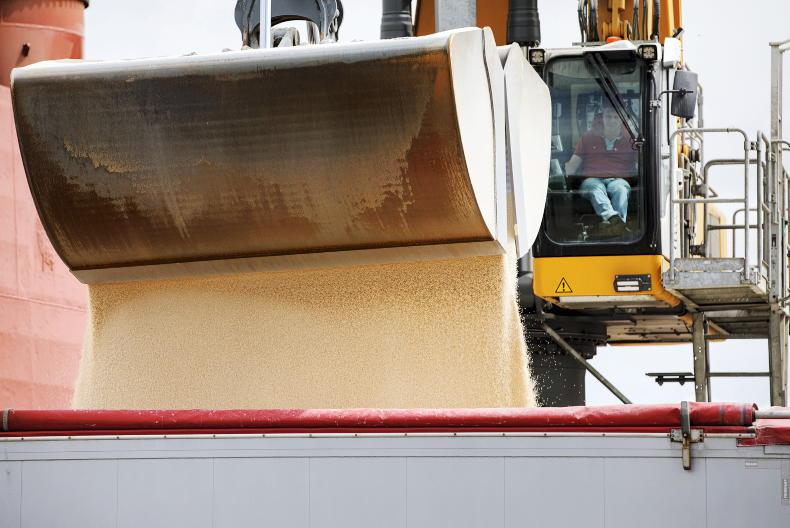A “similar approach” as that taken with carbon farming which see emissions permits traded could be developed for the application of farm nutrients in a bid to improve water quality.
That is according to the policy recommendations section of a study undertaken as part of the Teagasc-led WaterMARKE project, which was funded by the Environmental Protection Agency, titled Mitigating Agricultural Impacts on Water Quality through Research and Knowledge Exchange.
The study stated that such an approach would need to be taken at catchment scale, rather than national scale, to be effective and that the initiative proposed could still allow dairy farmers to expand if they buy nutrient loading rights off drystock farmers and the catchment can take the nutrients.
A scheme like this would facilitate a just transition, the researchers said, as “high-income farmers compensate others, such as beef farmers, within the catchment”.
“Limits would need to be set at a level consistent with good water quality in a catchment,” the study states.
“Since dairy quotas were abolished, dairy incomes have risen, but overall farm viability levels have stayed static or fallen as the viability level of beef farmers has continued to fall.”
The study also concluded that “results-based policy targets” for water quality could help focus measures on the areas most in need and towards the farmers who could have the largest impact.
Findings
It found that farm-level water quality actions must be “flexible, realistic and simple” if they are to be adopted by farmers and that the farmer-adviser relationship is important in encouraging the uptake of measures.
A lack of access to funding supports also acted as a barrier to the roll out of measures until the launch of the Farming for Water EIP, the researchers said.
However, they added that a lack of funding for the opportunity costs (income foregone) associated with adopting water quality measures may not facilitate as big an uptake as the agri-environmental schemes, even if the upfront cost is covered.
The researchers stated that livestock farmers exhibit lower levels of “behavioural readiness” to adopt water quality measures.
They found that farmers are most likely to adopt a measure if they have an awareness of that measure, believe they have the knowledge to carry it out, believe that other farmers would approve of the measure and they live in an area where it has already been adopted.
Other farmer characteristics that were linked with higher uptake of measures was a large farm size, previous participation in agri-environmental schemes, the water quality measure addressing a point source pollution issue and engagement with a farm adviser.










SHARING OPTIONS